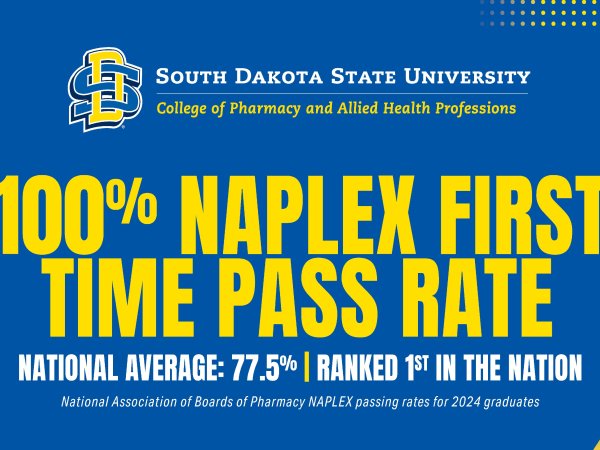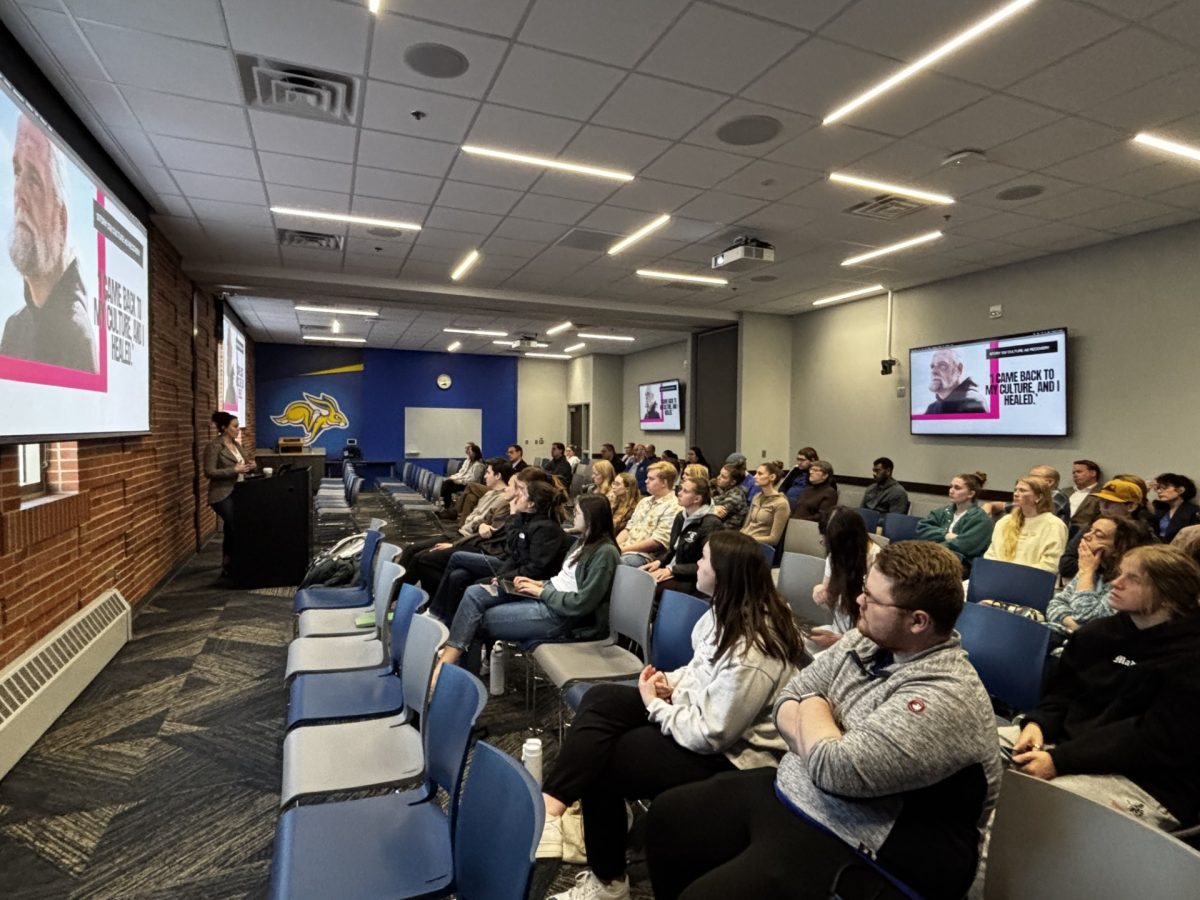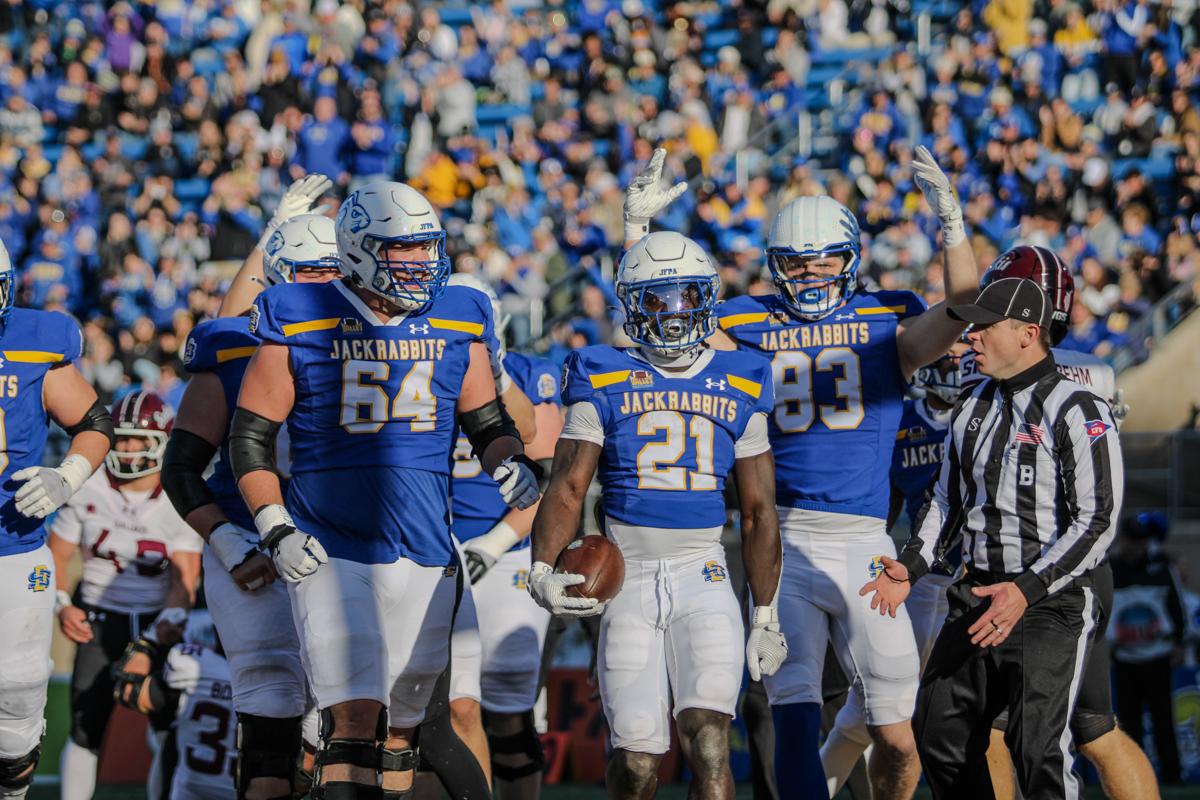A bill that one student leader and a lawyer said violates free speech passed through State Affairs Monday and the House of Representatives Tuesday.
House Bill 1178, a bill that prohibits the Board of Regents or any institution under its control from using state resources for obscene live conduct, passed through State Affairs 11-2 and the House 59-8.
State law defines obscene live conduct as “any physical human body activity, whether performed or engaged in alone or with other persons, including singing, speaking, dancing, acting, simulation, or pantomiming, where:
(a) The dominant theme of such conduct, taken as a whole, appeals to a prurient interest;
(b) The conduct is patently offensive because it affronts contemporary community standards relating to the description or representation of sexual matters; and
(c) The conduct is without serious literary, artistic, political, or scientific value.”
Michael Garofalo, president of Student Federation, said this bill is just a way to “justify” trying to ban drag shows on campus.
“It’s basically just another bill to ban drag shows, it’s just not written in the bill,” Garofalo said.
This is not the first time a bill like this has been introduced. Republic Rep. Chris Karr who introduced HB1178 has made attempts in the past to stop obscene live conduct on campuses following SDSU’s drag show in 2022. Karr sponsored House Bill 1116 in 2023, a bill that would have prohibited the use of state resources for lewd or lascivious content but the bill failed. Karr returned this year with more republicans on board to get this bill passed the second time around.
Garofalo said one representative that voted on the bill implied that state taxpayer dollars should not be used to fund things like drag shows, even though student organizations are funded through the General Activity Fee and not by tax money. Garofalo thinks this misinformation might have been the reason for this debate in the first place.
“It’s kind of disappointing because that’s been explained to them so many times, that taxpayer dollars do not fund student organizations,” Garofalo said. “I think there may be still misinformation as to how the whole funding structure for misinformation works.”
Although the student organizations aren’t funded by taxpayer dollars, the buildings on campuses are. This means the state could technically stop a show from happening in a campus building becuase it’s state resources even though the student organization has to pay to rent the room.
If this bill passes, the Gender and Sexuality Alliances annual drag show will be the first event “on the chopping block,” according to Garofalo, but this could also affect other organizations as well.
“There are a number of programs that could be deemed as obscene live conduct,” Garofalo said. “If there’s a film that someone is putting on and there is a section in it… that someone finds inappropriate they could say it’s obscene live conduct the organization is hosting.”
This bill also opens up the state to potential lawsuits. If something is found to be obscene live conduct individuals or entities could sue the BOR, schools or employees based on this bill.
“They don’t want that to happen, because ultimately the attorney general will defend the state in court and taxpayers will foot the bill,” Garofalo said.
Garofalo thinks this bill will discourage students from free speech and expression by threat of legal action.
The Collegian spoke with Mike Hiestand, senior legal counsel at the Student Press Law Center, about how this bill impacts free speech for students. According to Hiestand, this bill has some “very significant first amendment concerns.”
“They’re saying you can’t use university resources. That’s no workaround, that’s censorship,” Hiestand said.
Hiestand also said that obscenity is a legal term and although people use it for many things, under the law it has a high bar to meet.
“When we’re talking obscenity, we’re talking pretty graphic sexual content,” Hiestand said. “You know if this drag show were to turn into a live sex show, then yeah you would probably have obscenity concerns but if it’s just people dressing up and singing songs and having a good time… that’s not even close to obscene.”
According to Hiestand, this issue is beyond the government’s reach.
HB1178 will now move to the Senate to be voted on. Garofalo hopes to move on from this and see different things come out of session this year besides this ongoing debate.
“The Board of Regents has adopted that attendance policy for minors, now we’re talking about policing adults,” Garofalo said. “I would love to see more productive things happen as we get through the rest of the session.”






















